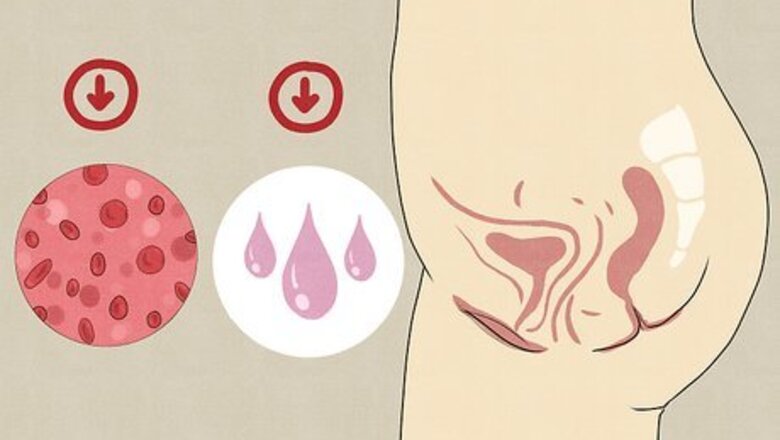
views
Dryness
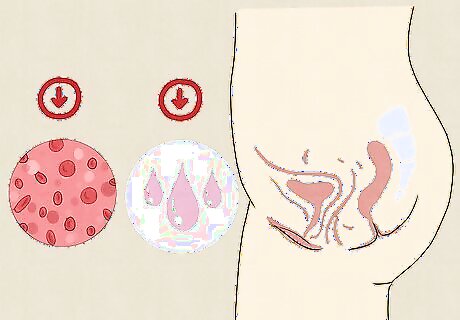
Dryness is the most common cause of pain during sex. When you go for a long time without having sex, the blood flow to your genitals can decrease. If you have a vagina, more blood flow down there means more lubrication. If you haven’t been having a lot of sex or other kinds of stimulation lately, you might have a harder time getting wet. If dryness is a problem for you or your partner, try using a water-based lubricant, such as K-Y Jelly or Astroglide. This may help decrease your pain level and make sex more enjoyable for both of you! Proper lubrication will also help maintain a healthy pH balance in your vagina and prevent painful infections.
Anxiety

It’s natural to feel nervous after going a while without sex. If you’re with a new partner, or if you and your long-term partner haven’t had sex in a while, you might feel a little tense. Tension or anxiety can make sex feel uncomfortable or even painful. If you’re feeling nervous, let your partner know. Take it slow and tell them if there’s anything they can do to help you feel more at ease. You could also try doing something relaxing before having sex, such as: Doing some deep breathing, meditation, or light stretching Asking your partner for an intimate massage Taking time to cuddle and hold each other before getting naughty Listening to relaxing, romantic music to get you in the mood Taking a warm shower or bath
Lack of Foreplay

Foreplay helps you get relaxed and aroused. If you have a vagina, it will also increase lubrication so that you aren’t painfully dry down there. Before you get busy, take time to fool around with your partner and get in the mood. Experiment with your partner to find the kind of foreplay that works best for you. For instance, you can: Kiss and touch each other intimately Share fantasies or dirty talk Watch something together that you both find arousing Use vibrators or other sex toys
“Blue Balls” or “Blue Vulva”
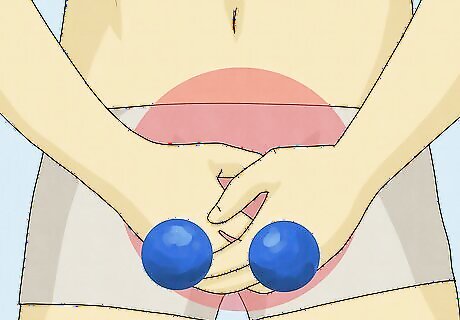
Sexual frustration can be painful—literally. If you have a penis and testicles, you may have experienced the pain of “blue balls,” an aching sensation in your genitals caused by unrelieved sexual arousal. People with vaginas aren’t immune to this kind of discomfort, either! The increased blood flow to your genitals when you get turned on can cause swelling and pain in the vulva and clitoris, called “blue vulva.” Fortunately, these conditions aren’t serious, and they’re only temporary. You can get relief by: Masturbating or using a sex toy to reach orgasm Having sex with a partner Resting and waiting for your arousal to naturally pass Distracting yourself with an activity not related to sex Using a cold compress on your genitals or taking a cold shower
Uncomfortable Positions

Your sexual position can cause pain for many reasons. For example, doggy style can be painful if you have bad knees, a tender cervix, or certain medical conditions, such as endometriosis or pelvic inflammatory disease (PID). New or unfamiliar positions can also make you feel anxious, which can lead to pain. Not to worry, though! If one position is painful for you, experiment with others until you find one that works. For instance, you might feel more comfortable doing missionary (face-to-face sex), having sex in a spooning position, or straddling your partner. Remember, penetrative sex isn’t the only kind of sex! If you can’t find a comfortable position, have fun experimenting with other kinds of sex, like oral sex, frottage (dry humping), using toys, or mutual masturbation.
Irritation or Allergies
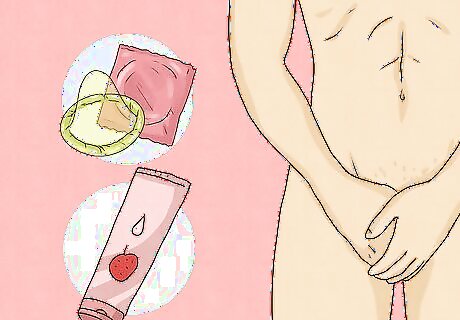
If you feel sore after sex, try changing your lube or condoms. Contact allergies and irritation are a common cause of pain related to sex, but they can be hard to diagnose. If you and your partner use lube, condoms, spermicides, toys, or other products during sex, it’s possible that one of them is causing irritation. If you think you might have a genital contact allergy, talk to your doctor. They’ll help you find the cause and choose a healthy alternative. It’s possible that you are allergic to additives—such as dyes, perfumes, or flavors—in your lube, condoms, or other products that you use during sex. If you’re allergic to latex, go for condoms made of other materials, such as polyurethane or lambskin.
Tightening of the Vagina
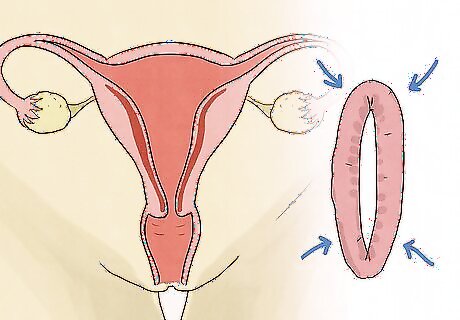
Going a long time without sex can cause your vagina to tighten. This mainly happens to older women who have gone through menopause. Some people also experience involuntary tightening of the vagina during penetration, usually related to tension or anxiety. This condition is called vaginismus. These conditions can be really frustrating, but they are treatable. If your vagina is too tight for comfortable penetration, talk to your doctor. They might recommend: Using a vaginal dilator to help gently stretch and relax your vagina Doing pelvic floor exercises to relax and strengthen the muscles in your vagina and pelvis Using creams to numb your vulva or vagina and relieve pain Seeing a therapist to address anxiety or other underlying issues that might be causing your vaginal tension and pain
Medical Issues

If your pain is severe or won’t go away, see your doctor. They can help you identify and treat whatever is causing your pain. Your doctor may want to run some tests, and they will probably ask you detailed questions about your symptoms, health history, and sexual activity. Some common causes of pain during sex include: Tight or overactive pelvic floor muscles Sexually transmitted diseases Gynecological conditions, such as endometriosis, adenomyosis, or pelvic inflammatory disease Psychological issues, such as depression or anxiety A hormone imbalance, or natural hormone changes related to aging Inflammation of the prostate A tight foreskin Inflammation or infection in the testicles, due to a collection of fluid or trauma


















Comments
0 comment